why do cats scratch around their food
There’s nothing quite like the sound of a cat scratching around their food bowl in the middle of the night. But have you ever wondered why they do it? Is it just for show or is there some hidden meaning behind this common feline behavior? As it turns out, there are several reasons that your furry friend might be pawing at their dinner dish.
In this blog post, we’ll explore these motivations and shed some light on the fascinating world of cats and their mealtime rituals. So sit back, relax, and get ready to uncover the secrets behind why cats scratch around their food!
One of the most common motivations for cats to scratch around their food is because they are looking for worms. Kitties love to play in mud puddles and hunt for small creatures, so it’s no wonder that they would also enjoy hunting for worms at mealtime. Scratching around the food bowl can make it more difficult for a worm to escape, so your cat is helping to ensure a nutritious dinner!
Other reasons cats scratch around their food bowl include clearing away any leftover food or attractants so that they can focus on eating fresh food. Sometimes a cat may also scratch around their food bowl if they’re not sure which type of food they’re supposed to eat. By scratching around the dish, your cat can help them figure out which pieces of their dinner are edible and which ones should be left on the plate.
Regardless of the reason, scratching around your cat’s food bowl is always associated with happiness and satisfaction. In fact, many cats actually enjoy spending time scratching around their food dish after finishing their dinner!
Cats scratch to clean their bodies and scratching can also help eliminate Feliway
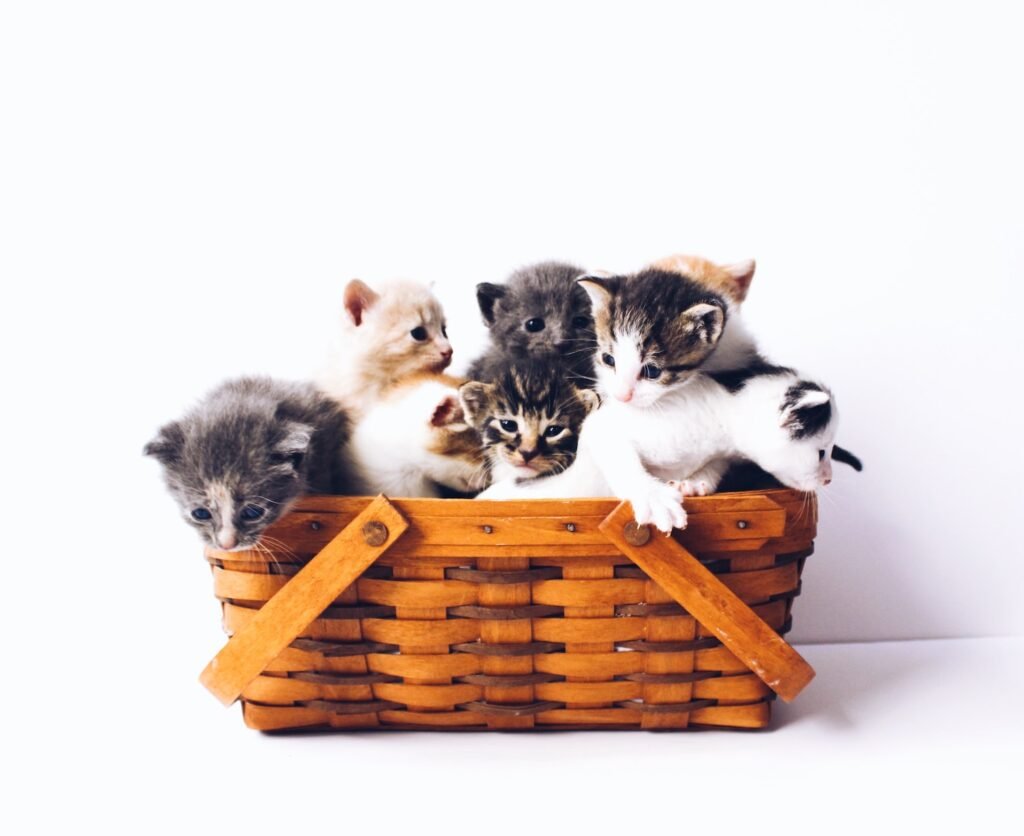
There are many reasons why cats scratch around their food. One reason is that they are trying to get rid of something that they think is stuck to the food. Scratching also helps eliminate Feliway, a scent emitted by some cats that can help to make them feel secure and loved.
If you notice your cat scratching excessively, it might be a good idea to talk to a veterinarian about any abnormalities or health concerns that might be causing the behavior.
Some cats scratch while eating and this is normal
Some people think that cats scratch around their food as a way of indicating to their owner that they are hungry, but this isn’t actually the case. Cats scratch in order to remove any leftover food particles from their meal and to break up smaller pieces so that they can eat them more easily. If your cat is scratching around its food excessively or if it’s become an ongoing habit, it may be time to consult a veterinarian.
Some cats also scratch when they are bored or when they are feeling anxious. If your cat is scratching a great deal, it may be indicative of a problem such as hairballs or fleas. It is always best to consult with a veterinarian if your cat is scratching excessively or if you notice any other concerning behaviors.
What to do if your cat is scratching around their food
If your cat is scratching around their food, it may be because they are trying to get the food into their mouth. Sometimes cats will also scratch around their food if they are feeling territorial or anxious. If your cat is scratching at the food, try to offer them smaller pieces of food instead of one large chunk. Additionally, try to Provide plenty of high-quality kitty litter so that your cat can scratch without making a mess.
If your cat is displaying aggressive behavior around their food, such as pacing or yowling, it may be a sign that they are not getting the nutrition they need. If this is the case, please consult a veterinarian to rule out any medical problems.
What Causes Cats to Scratch Around Their Food?
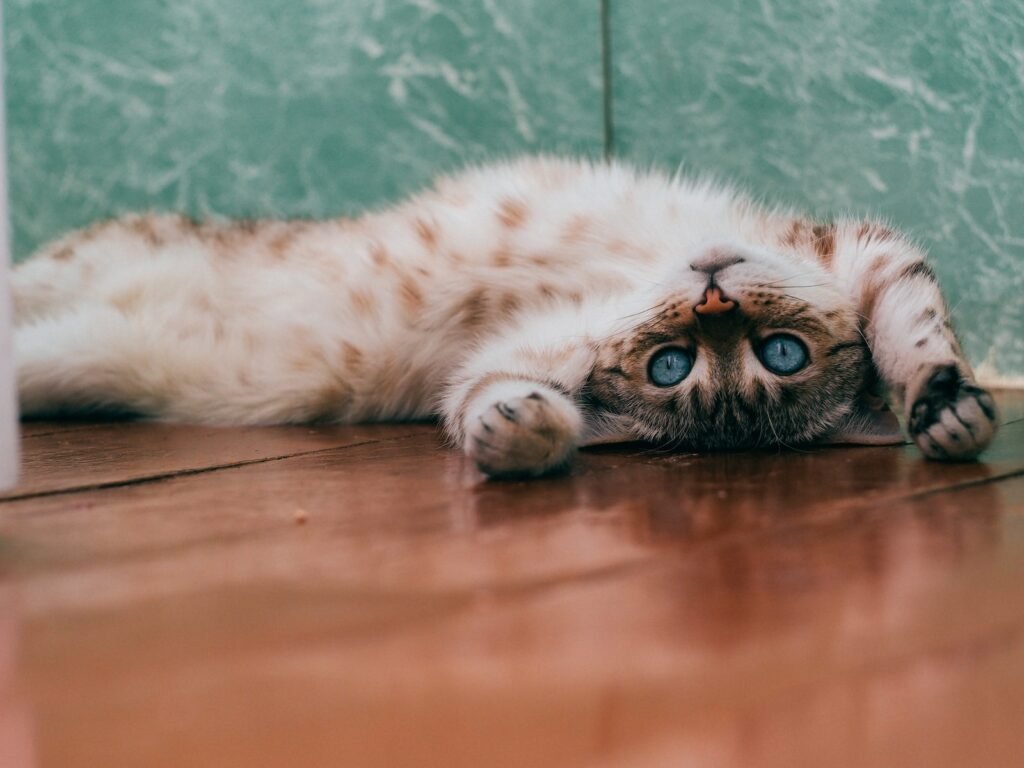
There are many possible reasons why cats scratch around their food. Some of the most common causes of scratching around food are when a cat is anxious or feeling threatened. Other times, a cat might be trying to extract a toy or piece of prey from the food bowl. Many veterinarians believe that animals use scratching as an indicator of their territoriality or as an attempt to remove parasites and other foreign objects from their territory.
There is no one definitive answer as to why cats scratch around their food. Sometimes solving the underlying issue, such as calming down or addressing territoriality, can help reduce scratching. If your cat is scratching excessively or producing blood from the scratches, it might be time to seek veterinary attention.
How to Stop Cats from Scratching Around their Food? Solutions for Other Behavior Problems in Cats
There are a few things you can do to stop your cat from scratching around their food. You can confine their mealtime to a specific area and make sure the area is clear of tempting objects.
If that doesn’t work, try some of these tips:
- Train your cat to eat from a dish: This is probably the most effective way to stop your cat from scratching around their food. Once they get used to eating from a dish, they won’t be tempted to scratch around for it. You can Bahá diet or water into dishes as well, so your cat knows that no matter what is going on outside, all of their meals are safe and clean.
- Keep their food dry: Cats like water to wash down their food with and will often scratch around their food in an attempt to find any hidden water sources. Make sure all of the food is completely dry before feeding it to them so they don’t get thirsty while they’re eating.
- Serve their food in designated areas: Another way to keep cats from scratching around their food is by serving their meals in designated areas only. This will help ensure that they know where their meal is and it will also reduce the temptation for them to chew on items other than the food itself.
- Use a cat scratching post: A scratching post can be a great way for your cat to scratch and exercise. Place the post in an area where your cat is frequently scratching and let them have at it.
Solutions for Other Behavior Problems in Cats
There are many possible solutions to other behavior problems in cats, including scratching around their food.
when to switch from kitten to cat food
When to switch from kitten food to cat food is a question many new cat owners ask themselves. The answer is not black and white, as there are different factors that will determine when it’s time to make the transition. There are some general guidelines that can be followed, but ultimately it depends on the individual cat and their diet.
It is generally recommended that cats transition to a whole grain diet around six months of age or older. Kittens, on the other hand, should largely be eating canned or dry food until they are one year old or older. Ideas for transitioned diets include: wet/canned kitten food with water added (often prescribed by veterinarians), a low-cost monthly subscription service like healthyPet.com which provides kibble and water in addition to fresh produce and treats, or specifically designed blended raw diets enriched with probiotics, prebiotics and antioxidants (these diets are typically considered more appropriate for elderly cats).
Once kittens reach six months of age, it is also advised to gradually wean them off of milk protein concentrate (MPC) based formulas – MPC is usually used up as kittens begin to eat more solid foods. Some experts advocate gradual reduction in MPC over a period of several weeks while others suggest completely eliminating it once kittens start eating more real food starting at about four months old.[1]
Ultimately, what works best for each individual cat depends on their specific dietary needs and preferences. If you’re having trouble transitioning your cat onto a new food, speak to a veterinarian who will be able to provide advice specifically tailored to your cat’s diet and health.
Conclusion
Cats scratch around their food to remove the outer layer so that they can access the good stuff inside. This often happens when cats are trying to get at a food pellet or a piece of meat that is too big for their mouths.
Cats also scratch to mark their territory and to scrape away parasites or other foreign objects.

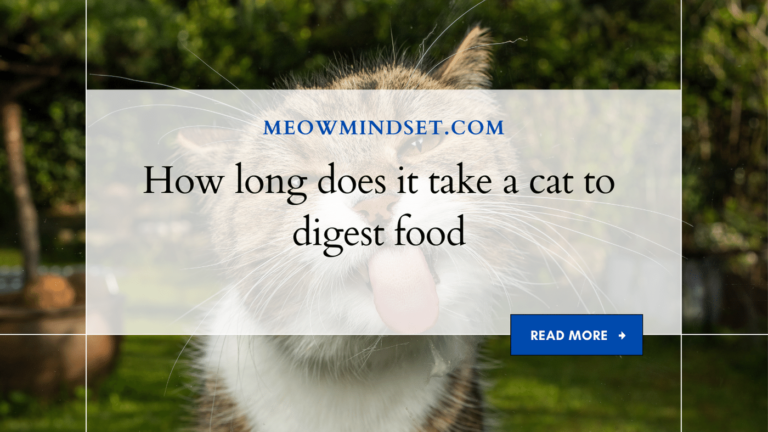
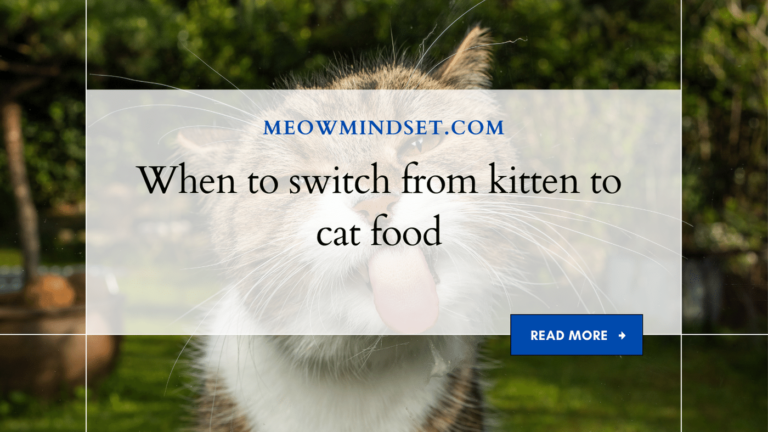

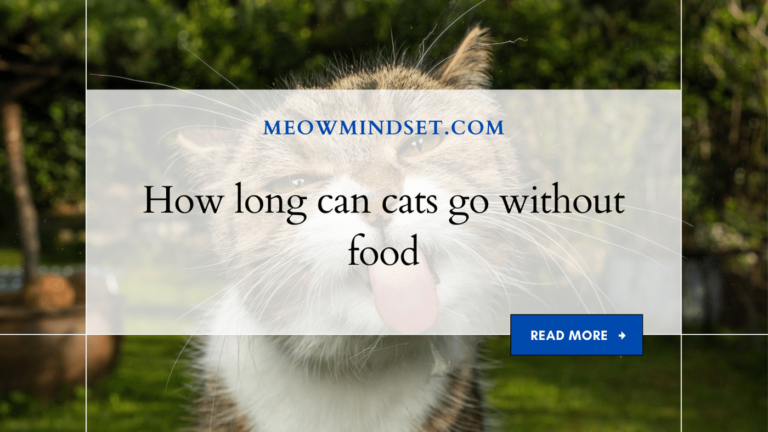


2 Comments